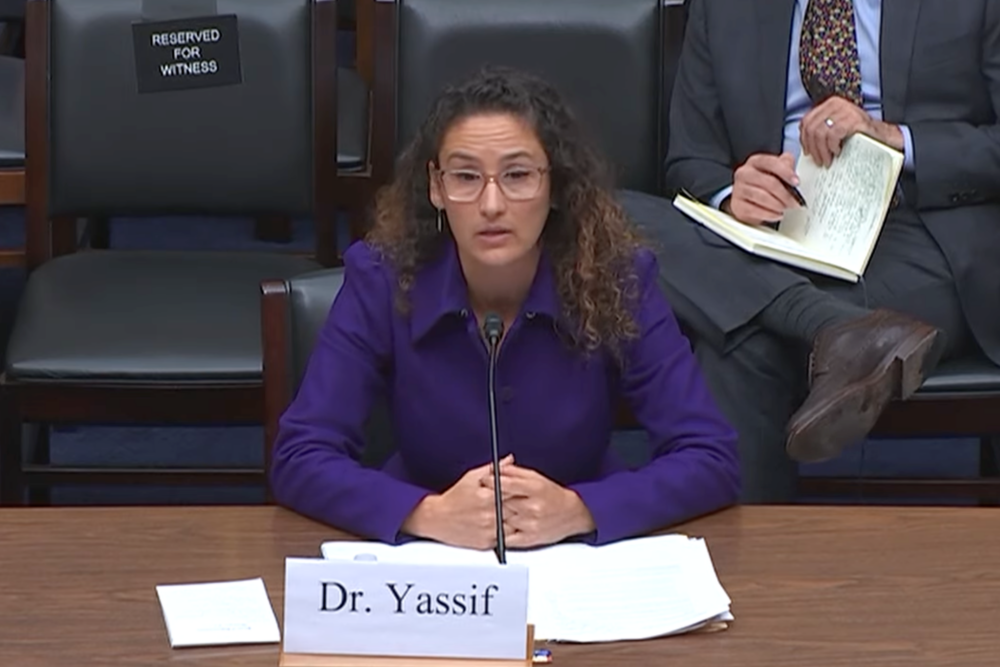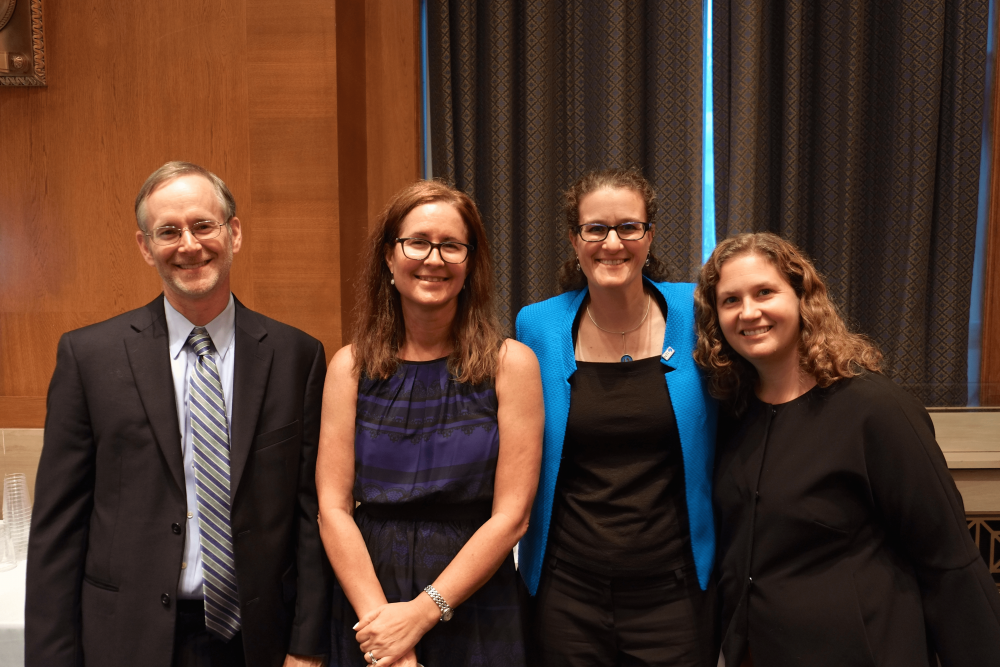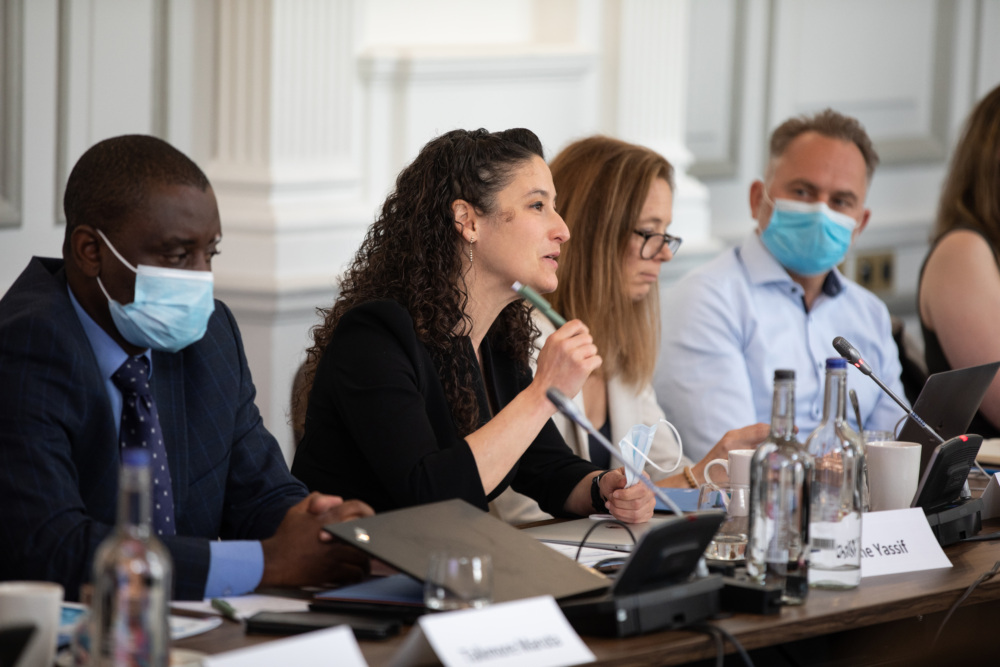On July 17th, NTI | bio of the Nuclear Threat
Initiative partnered with the Johns Hopkins
Center for Health Security, PATH, and the Global Health Council, with
support from the Open
Philanthropy Project, to
bring together congressional staff across committees to highlight the
challenges of detecting and responding to an outbreak caused by a novel
pathogen. Clade X: A Global Health Security Simulation was
designed to demonstrate that biological threats must be given the
same priority as other major international security priorities because
infectious disease outbreaks – whether naturally occurring, deliberate, or
accidental – can kill millions, costs billions, and exacerbate political and
economic instability and insecurity.
Carolyn Reynolds, vice
president of PATH, described how and why outbreak preparedness is increasingly
crucial to prevent loss of life, economic declines, and destabilization —in the
United States and abroad. She reminded participants that the response to the
2014-16 Ebola outbreak in West Africa cost U.S. taxpayers billions of dollars
and resulted in deployment of the U.S. military, and Liberia, Sierra Leone, and
Guinea suffered a devastating loss of life and continue to feel the economic
impact.
Tom Inglesby, director of
the Johns Hopkins Center for Health Security, moderated the simulation in which
a previously unidentified pathogen, Clade X, causes a parainfluenza outbreak in
Germany, Venezuela, Niger, and, ultimately, in the United States. While the
events, administration, and political climate were fictional, the situation
presented was realistic. Congressional staff had to decide what to do in
response to the fast-moving outbreak, igniting a discussion about bi- and
multi-lateral cooperation with other governments, the potential deployment of
experts for protection and logistical support, and overall budget needs for an
adequate response.
Beth Cameron, vice president for Global
Biological Policy and Programs at NTI, highlighted the importance of continued
U.S. Government leadership, including through the U.S. Centers for Disease
Control and Prevention, the U.S. Agency for International Development, and
the Departments of Defense and State global health security-related programs.
As the Global Health Security Agenda enters its next five years, the United
States, together with partners around the world, will continue to play a
crucial role in the effort to build sustainable, measurable international
capability to prevent, detect, and rapidly respond to future outbreaks.
This simulation was adapted from
the daylong tabletop Clade X Pandemic Exercise
hosted by the Johns Hopkins Center for Health Security in May 2018. The exercise
simulated a series of National Security Council–convened meetings of ten U.S. Government
leaders played by individuals prominent in the fields of national security or
epidemic response. The simulation illustrated high-level strategic decisions
and policies needed to prevent a severe pandemic or diminish its consequences
should prevention fail.





